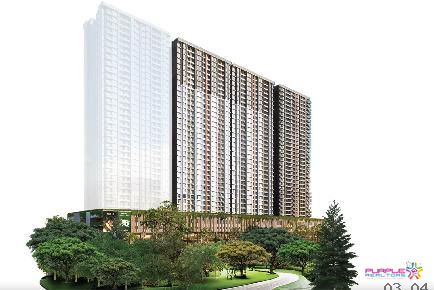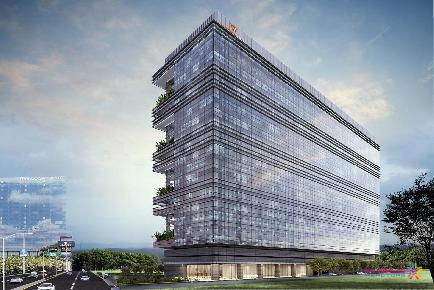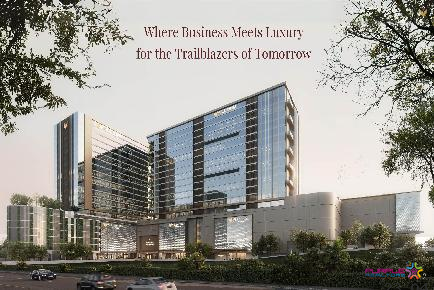
B5 Tech Park JST Jayka Synergy Tower Baner Pune Commercial Project
Baner,Pune
Pune
The illegal construction market on the city fringes is celebrating the state assembly’s move to amend the Maharashtra Regional and Town Planning (MRTP) Act that allows to legalise unauthorised buildings by paying a premium or a compounding fee.
The new rule will be applicable to buildings constructed before December 2015. But players in the illegal construction market appear confident that there will be more deadlines in coming years "as politicians need votes and people require cheap accommodations".
A developer planning hill-top constructions in Katraj said, "The deadline is December 2015 this time. After a few years, there will be another deadline. This is not going to end. Similarly, the demand for cheap illegal structures will be there."
Following the Bombay high court’s refusal to approve the state’s amnesty plan for the pre-2015 illegal buildings, the government decided to take a step to save these constructions by using its powers. There are about 1,50,000 illegal constructions in Pune district, including 66,000 in Pimpri Chinchwad. The Pune Municipal Corporation (PMC) has identified over 2,300 illegal properties in city areas, many of those developed by some corporators.
Residents in illegal buildings are happy as the developers – mostly local politicians — have kept their "promise" to legalise the illegal work. "This is best way to get a cheap house in Pune. Buy an illegal accommodation at reasonable price and get it legalized later," said Ramesh Kate, a private employee looking for an accommodation in Ambegaon.
Kate cannot get bank loans, as he does not have a salary slip to produce and he has not filed income-tax returns. However, there are private money lenders and also small developers who give credits to buyers at an 8-9% interest rate.
Hundreds of illegal buildings on the city’s fringes are not formally registered. Besides, many buildings stand on agricultural land owned by local bigwigs, who have turned developers. All the dealings are registered on Rs 100 stamp papers and the buyers are assured that the buildings will be legalized later.
"This move is disastrous. Lack of affordable housing has led to rampant illegal constructions in the villages bordering the city. The 0.4 Floor Space Index (FSI) in fringe villages has been blatantly flouted. In many cases, the FSI of 8-10 has been used. With the state government supporting these constructions, more illegal buildings will come up." urban planner Ramchandra Gohad said.
Pintu Sen, a self-employed youth who has migrated to the city from Rajasthan, said living in illegal constructions might be dangerous and illegal, but those belonging to the lower middle class have no option. "Instead of creating affordable housing, the government is legalizing the illegal constructions," he said.

Godrej Evergreen Square HInjewadi Pune 1 BHK 2 BHK 3 BHK
Hinjewadi, Pune

Rohan Harita Tathawade Pune Price Location Floor Plan Review
Tathawade, Pune

B5 Tech Park JST Jayka Synergy Tower Baner Pune Commercial Project
Baner,Pune

Cornerstone Maruti Millennium Tower Baner Pune Commercial Project
Baner,Pune

West View by Panchshil Koregaon Park Pune Commercial Project WestView
Koregaon Park,Pune

AMBROSIA GALAXY BANER PUNE COMMERCIAL PROJECT OFFICE SPACE SHOP SHOWROOM SALE OR LEASE
Baner,Pune

Omicron Business Landmarks Baner Pune Commercial Project
Baner,Pune

M Triumph by Malpani Shivajinagar Pune Showroom Office Space
Shivajinagar,Pune

Gera imperium gateway Pimpri PCMC Pune Commercial Project
Pimpri Chinchwad PCMC,Pune

SAI MILLENIUM PUNAWALE PUNE COMMERCIAL PROJECT
Punawale,Pune

Pebbles Business Bay Wakad Pune Commercial Project
Wakad,Pune

Phoenix Millenium Towers Wakad Pune Commercial Office Space
Wakad,Pune